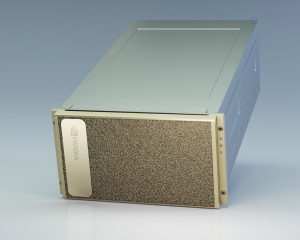Blog
Knowledge Center and Technical References
Blog and HPC Tech Tips
Performance Comparisons and Specifications
Upcoming Events

Events
PEARC 2024
Providence, RI, Jul 21-25 2024. PEARC is one of the premier research computing events of the year.
-
Press Room
Microway Selected as NVIDIA Public Sector Partner of the Year for the Americas
Microway, a leading provider of solutions for the intersection of AI and HPC, today announced that it has been selected as the NVIDIA Partner Network…
-
Knowledge Center
Detailed Specifications of the “Ice Lake SP” Intel Xeon Processor Scalable Family CPUs
This article provides in-depth discussion and analysis of the 10nm Intel Xeon Processor Scalable Family (formerly codenamed “Ice Lake-SP” or “Ice Lake Scalable Processor”). These…
